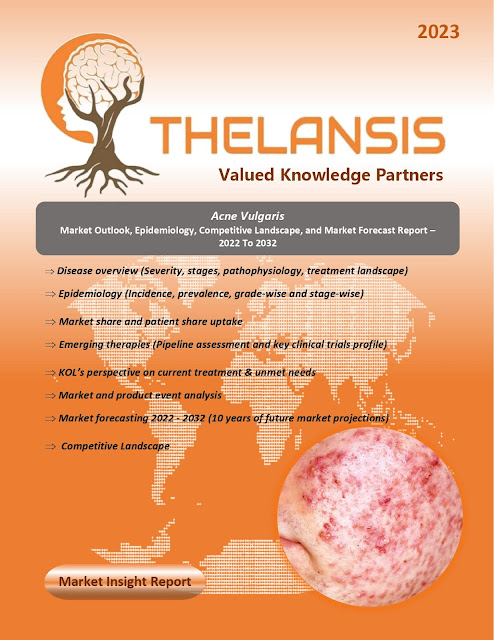Homocystinuria (HCU) – Market Outlook, Epidemiology, Competitive Landscape, and Market Forecast Report – 2021 To 2032
Homocystinuria (HCU), caused by cystathionine β-synthase deficiency, is a rare inherited disorder involving the metabolism of methionine. Impaired synthesis of cystathionine leads to accumulation of homocysteine that affects several organ systems leading to abnormalities in the skeletal, cardiovascular, ophthalmic, and central nervous systems. The basic defect is a marked reduction in the activity of the key enzyme for transsulfuration, cystathionine β-synthase (CBS), and is biochemically characterized by elevated methionine and total homocysteine as well as reductions in cystathionine, the immediate product of CBS, and cysteine. Other defects in the methionine metabolic cycle that result in homocystinuria are remethylation defects in which the conversion of homocysteine back to methionine is impaired. These defects produce reduced rather than increased methionine as well as increased homocysteine and may also be associated with an increase in methylmalonic acid. With one exception, methylenetetrahydrofolate reductase deficiency, they are collectively known as the cobalamin defects because they are produced by defects in vitamin B12 metabolism.
·
Homocystinuria (HCU) is a rare disorder with a
minimum prevalence estimated to 1 to 1.5 cases per 100,000 population.
Thelansis’s “Homocystinuria (HCU)
Market Outlook, Epidemiology, Competitive
Landscape, and Market Forecast Report – 2021 To 2032" covers disease
overview, epidemiology, drug utilization, prescription share analysis,
competitive landscape, clinical practice, regulatory landscape, patient share,
market uptake, market forecast, and key market insights under the potential Homocystinuria
(HCU) treatment modalities options for eight major markets (USA, Germany,
France, Italy, Spain, UK, Japan, and China).
KOLs insights
of Homocystinuria (HCU) across 8 MM market from the centre of Excellence/
Public/ Private hospitals participated in the study. Insights around current
treatment landscape, epidemiology, clinical characteristics, future treatment
paradigm, and Unmet needs.
Homocystinuria (HCU) Market Forecast Patient
Based Forecast Model (MS. Excel Based Automated Dashboard), which Data Inputs
with sourcing, Market Event, and Product Event, Country specific Forecast
Model, Market uptake and patient share uptake, Attribute Analysis, Analog
Analysis, Disease burden, and pricing scenario, Summary, and Insights.
Thelansis Competitive Intelligence (CI) practice
has been established based on a deep understanding of the pharma/biotech
business environment to provide an optimized support system to all levels of
the decision-making process. It enables business leaders in forward-thinking
and proactive decision-making. Thelansis supports scientific and commercial
teams in seamless CI support by creating an AI/ ML-based technology-driven
platform that manages the data flow from primary and secondary sources.
-1.jpg)



Comments
Post a Comment